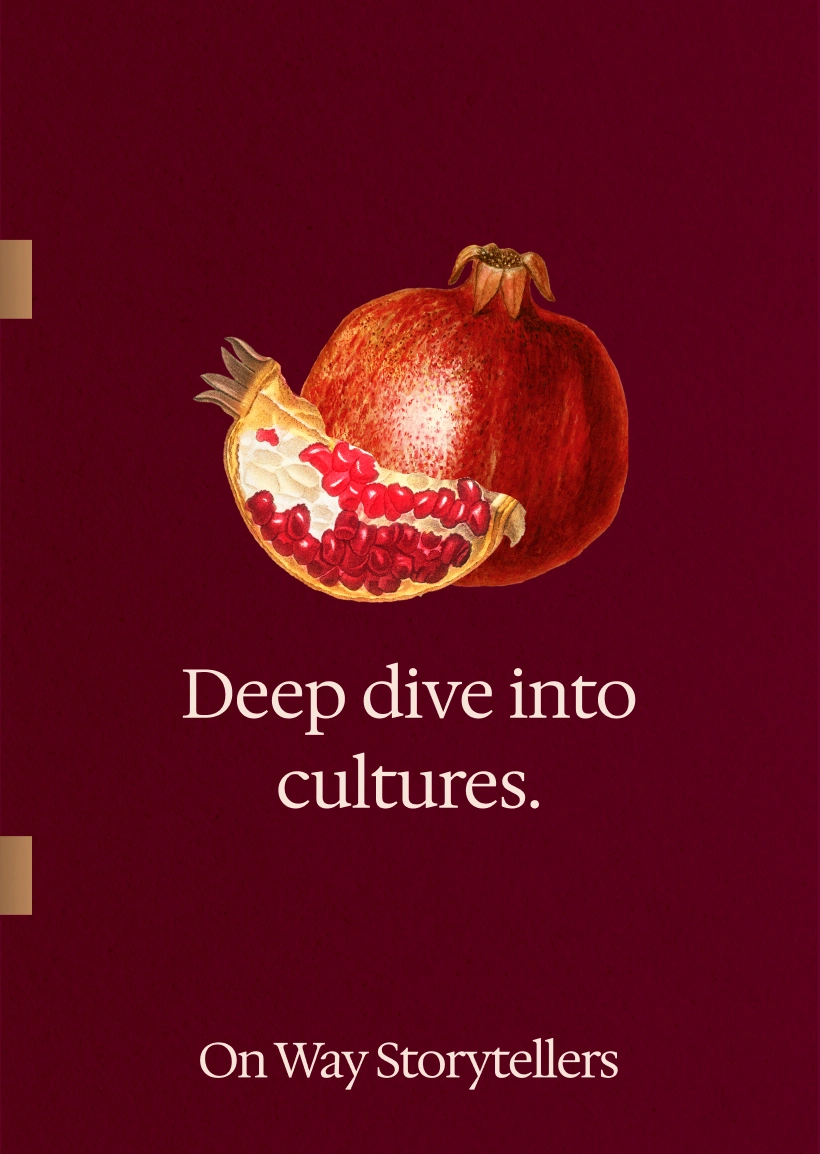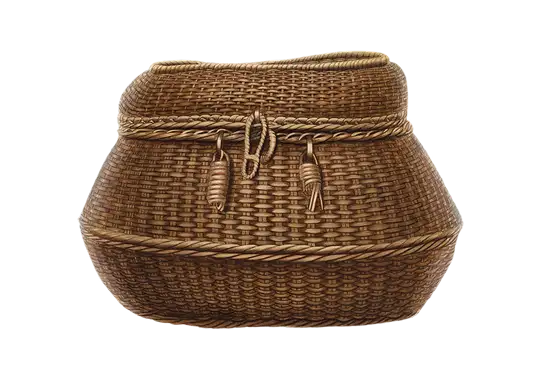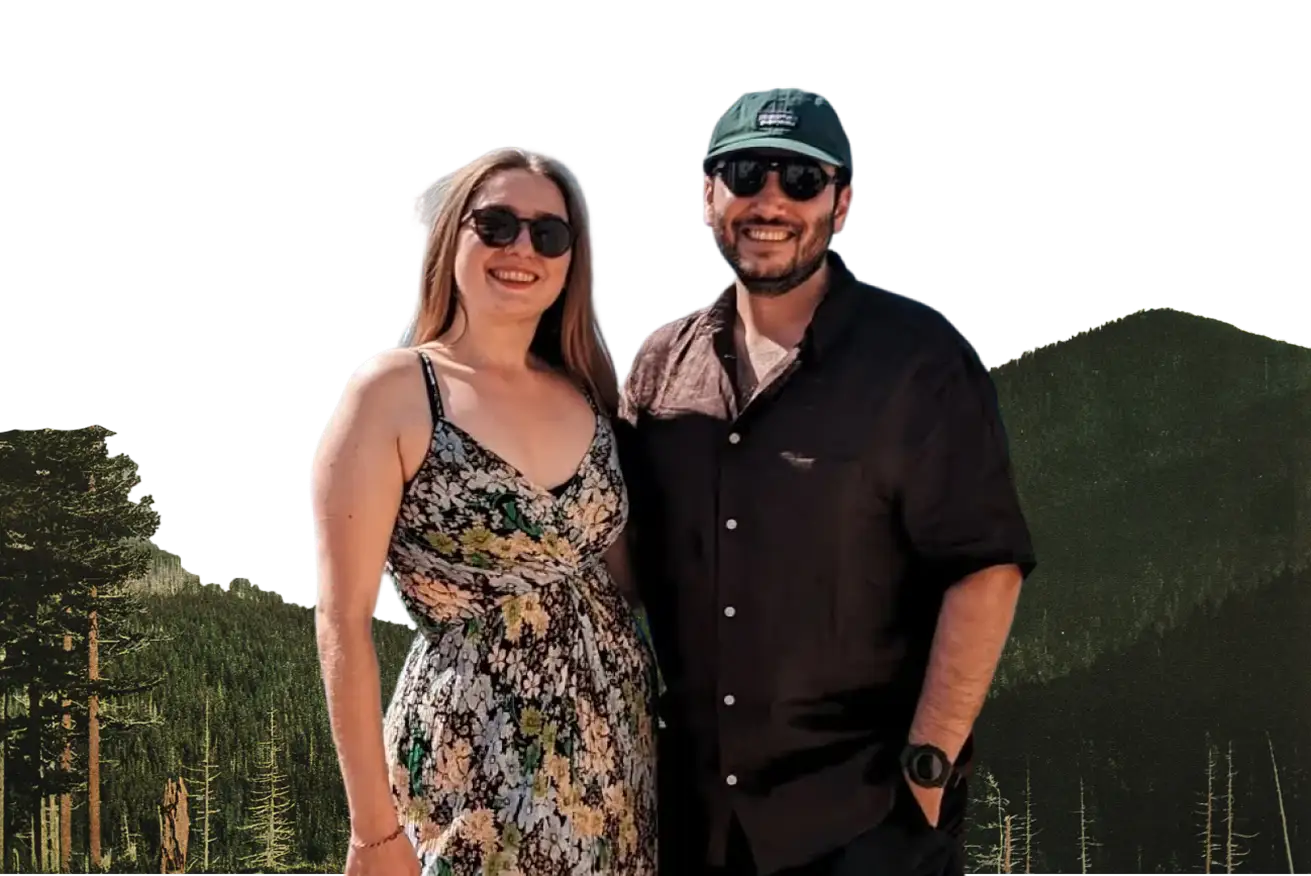The foundation – intentional preparation
The common travel advice is to book flights, find a hotel, and maybe glance at a "Top 5" list. We believe the real journey begins long before that.
Our approach is one of "pre-trip immersion." We dive into the books, films, music, and history of a place, not to create a rigid checklist to conquer, but to build a framework of understanding.
This isn't about memorizing facts; it's about building a mental scaffolding that allows you to connect the dots on the ground.
We start with stories, not sights, because a narrative provides the context that turns a simple observation into a profound insight. This deep preparation is the first act of exploration, a way of arriving with "informed eyes," ready to understand the "why" behind what you see.
The space – the power of the "un-itinerary"
The paradox of deep preparation is that its ultimate purpose is to give you the confidence to let go.
Many of us approach travel with an optimization mindset, scheduling every hour to maximize our time. But this pressure to "do everything" can become a cage, squeezing out the very magic we travel to find.
The most resonant moments—the unplanned detour down an alleyway, the unexpected conversation with a shopkeeper, the hour spent just watching the light change—can never be scheduled.
This is why we champion the "un-Itinerary." It is a commitment to balance. It means planning only one key activity per day, intentionally leaving vast, unstructured spaces. This is not empty time; it is sacred time dedicated to serendipity.
Because we have done our research, we are free to wander wisely, trusting that our "informed eyes" will recognize a meaningful opportunity when it appears unexpectedly.
The engine – asking "naive" questions
With a foundation of context and the gift of unstructured time, the final and most powerful tool is inquiry. The "expertise trap"—the belief that you need a deep foundation of knowledge to ask good questions—keeps many people on the surface.
We believe the opposite. Being a "beginner" is a superpower. The most profound insights come not from knowing the answers, but from having the courage to ask simple, "naive" questions that an expert might overlook.
- Instead of "What is this?", ask "What was happening in the world when this was created?"
- Instead of just observing, ask "Who was this made for?"
- Don't just accept a fact; ask "But why?" repeatedly, following the thread of inquiry deeper.
When you give yourself permission to ask these questions, a profound shift occurs. You stop being a passive recipient of information and become an active participant in the creation of your own understanding. The "aha!" moments you experience are not just facts you've been given; they are insights you've earned.
Rebuilding your curiosity muscle is the most vital act of intellectual self-preservation you can undertake. It is a quiet rebellion against a world that wants you to be a passive consumer. By combining intentional preparation, creating space for serendipity, and having the courage to ask questions, you transform travel—and indeed, life itself—from a series of fleeting impressions into a lasting journey of profound, resonant meaning.
.svg)





